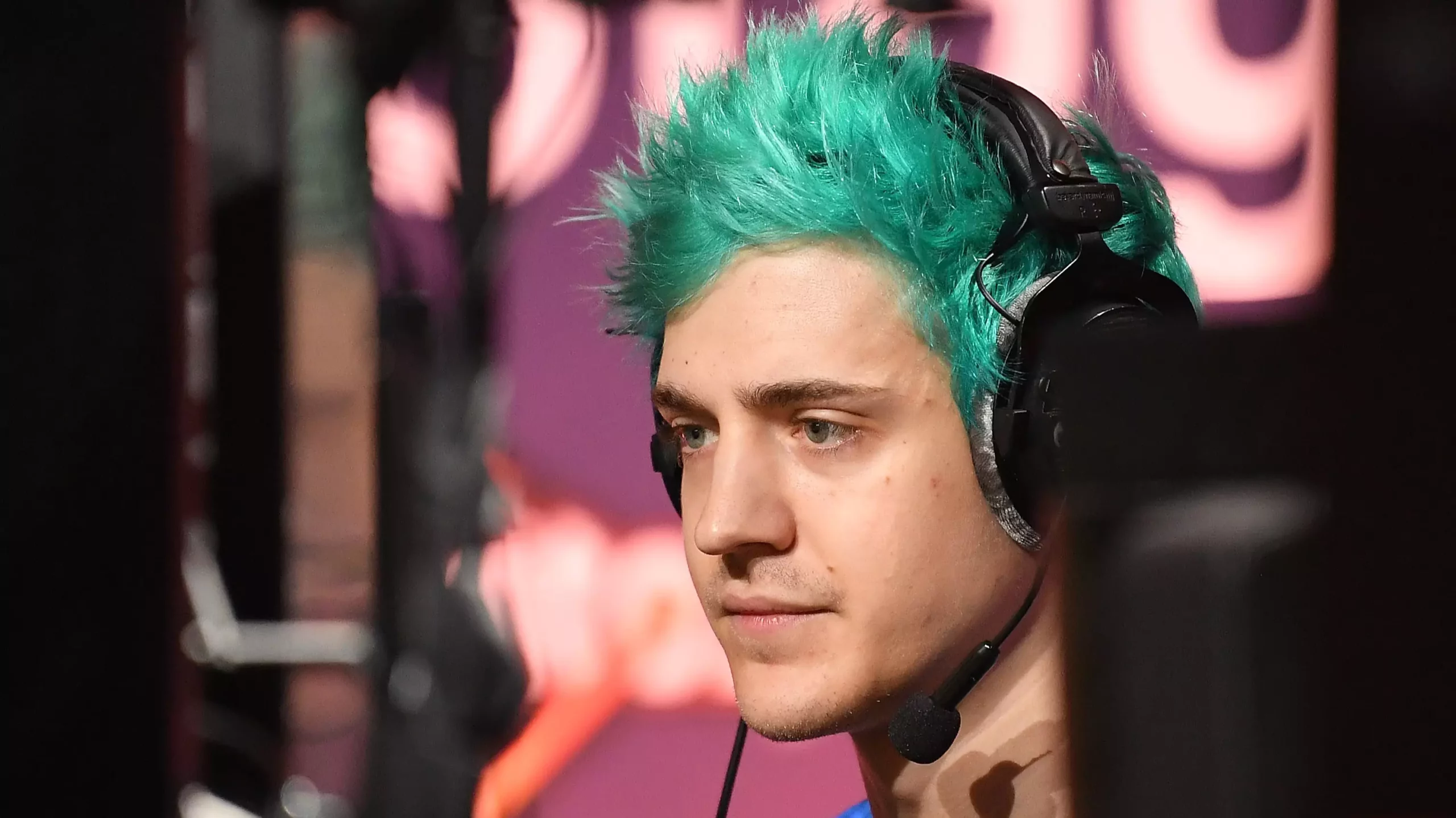Beyond the flashing lights of fame and the buzz of record-breaking streams lies a less glamorous reality. Tyler ‘Ninja’ Blevins skyrocketed to global recognition during the Fortnite boom, becoming one of the most recognizable faces in gaming. His journey from a modest pro gamer to a streaming legend is nothing short of extraordinary; however, beneath that triumphant surface is a sense of stagnation and personal struggle that often remains hidden from fans. While his early days were marked by relentless dedication, his peak coincided with an unprecedented surge in popularity, propelling him into the mainstream alongside music stars and celebrities. Yet, the decline from those astonishing heights appears to have taken a toll on Ninja’s psyche, revealing a vulnerability that many of his followers might overlook.
In a recent interview, Blevins candidly shared that his viewership has dwindled significantly from the 100,000+ viewers he once regularly attracted. Now pulling just a fraction of that, he faces relentless internet trolling and criticism. The digital landscape treats his lower numbers like a personal failure, ignoring the natural ebb and flow of online popularity. Despite his riches and influence, a core part of him remains a dedicated gamer who was driven by passion long before fame arrived. This intrinsic love for gaming and entertainment persists, but the external pressure—constantly being reminded of what used to be—adds a layer of emotional fatigue that is rarely acknowledged in the high-octane world of streaming.
The Toxic Toll of Internet Culture
The internet’s relentless cruelty towards public figures like Ninja demonstrates how digital platforms, while offering immense opportunities, also open the floodgates for abuse. It’s a cruel paradox: the more popular you become, the more vulnerable you are to criticism and hate, often rooted in jealousy or ignorance. Ninja’s claim to be “berated” daily by trolls highlights a disturbing aspect of online culture—that success is often met with envy, and that the fall from grace is both swift and brutal.
The moderation team works to curb this toxicity, but the viral nature of online hate is akin to a never-ending game of whack-a-mole. The toll of constant negativity isn’t just emotional; it can erode confidence and threaten the very love of gaming that initially inspired him. It’s a stark reminder that fame doesn’t shield individuals from the harsh realities of digital harassment. Ninja’s honesty reveals that success, while rewarding, does not exempt one from struggles with self-esteem, mental health, and the ongoing validation crisis of social media fame.
Redemption in Philanthropy and Purpose
Amidst these personal struggles, Blevins’s recent charity stream offers a powerful counterpoint. It exemplifies how digital influence can be directed towards meaningful causes. His commitment to raising awareness and funds for skin cancer detection stems from a deeply personal experience—discovering and removing dangerous moles. His openness about his own health journey paints him as more than just a gaming icon; it humanizes him, emphasizing that vulnerability and heroism can coexist.
His dedication to the charity is rooted in a genuine desire to give back, a stark contrast to the superficial nature often associated with online fame. Ninja’s decision to involve medical professionals and encourage people to prioritize their health demonstrates a maturity that surpasses the typical influencer mold. It underscores an essential truth: true leadership isn’t just about personal achievement but about using one’s platform to empower and educate others. His goal to raise a quarter of a million dollars reflects a resolve to make a tangible difference, even as his online presence continues to shift.
The Future of a Gaming Legend
Ninja’s story highlights the transient nature of digital stardom and suggests that true resilience lies in adaptability and purpose. Even with reduced viewer numbers and the string of negative comments, his unwavering commitment to his community and charitable pursuits reveals an internal strength. Instead of capitulating to despair, Ninja channels his influence into causes that matter.
This nuanced perspective on fame challenges the often superficial narratives surrounding internet celebrities. It compels us to recognize that behind the glittering façade of milestones and followers is a person navigating the complexities of success, health, and mental wellbeing. For Ninja, gaming remains a vital part of his identity—a source of joy and connection that endures beyond the fleeting peaks of fame. His willingness to open up about these struggles offers invaluable insight into the true cost of internet celebrity and the importance of staying grounded in purpose and authenticity.

